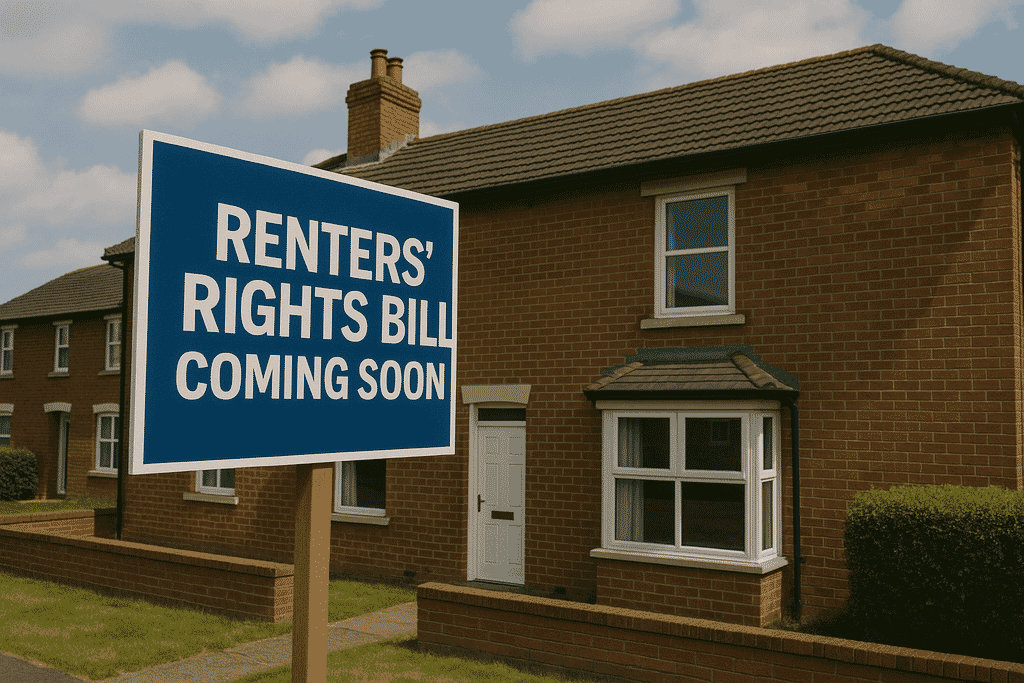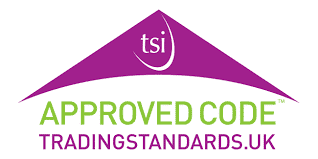
As we move through 2025, the UK property market continues to evolve—and so does the landscape for buy-to-let investors. With the introduction of new legislation, changes in rental demand, and shifts in mortgage rates, many landlords are asking: is buy-to-let still worth it in 2025?
At Michael Tuck Estate & Letting Agents, we’ve been guiding property investors in Gloucester and beyond for over 40 years. Here’s our updated take on whether buy-to-let investment in 2025 still makes sense—and what you should consider before committing your capital.
Is Buy-to-Let Still Profitable in 2025?
Despite tighter regulations and fluctuating mortgage rates, buy-to-let remains a potentially profitable investment strategy—especially in areas with strong rental demand like Gloucester, Cheltenham, and other parts of Gloucestershire.
Rental yields in 2025 remain competitive, particularly for landlords who invest wisely and manage their properties efficiently. With house prices stabilising and tenant demand high due to affordability issues for first-time buyers, the right property can still deliver a strong return on investment.
However, success in today’s market requires more than just purchasing and letting a property. You’ll need to stay ahead of legislative changes, manage costs carefully, and adapt your approach to maximise returns.
What Are the Risks of Buy-to-Let in 2025?
Buy-to-let is not without its challenges in 2025. Here’s what investors should be aware of:
-
Higher borrowing costs: Although inflation is beginning to ease, interest rates remain elevated compared to pre-2022 levels. This impacts mortgage affordability for landlords.
-
Tax changes: Mortgage interest relief has been fully phased out, and capital gains tax thresholds have tightened, affecting profitability when selling.
-
Maintenance and compliance costs: Ongoing maintenance, EPC upgrades, and legal compliance (such as Right to Rent checks) continue to increase outgoings.
-
Void periods: In areas with saturated rental markets or misaligned pricing, landlords may face longer void periods if properties aren’t marketed effectively.
What Does the Renters Rights Bill Mean for Landlords?
The Renters Rights Bill, expected to come into full effect in 2025, represents the most significant shift in the private rental sector in over a decade.
Key changes include:
-
Abolition of Section 21 “no-fault” evictions
-
Introduction of a new single tenancy type (a periodic tenancy)
-
Stronger grounds for possession under Section 8
-
Property ombudsman access for all tenants
-
Requirement for landlords to join a new digital property portal
For landlords, this means more accountability and a need for clearer documentation and tenant communication. While these reforms aim to improve tenant security and property standards, they also demand a more professional approach from landlords.
So, Is Buy-to-Let Worth It in 2025?
The short answer: yes—but only if you’re prepared.
In 2025, buy-to-let can still be a rewarding investment, particularly in thriving rental markets and with the right support. But it’s no longer a passive income solution. Landlords must be strategic, financially aware, and up to date with regulations.
If you’re unsure whether to invest—or how to adapt your portfolio—seeking expert landlord investment advice is more important than ever.
Get Expert Buy-to-Let Advice Today
At Michael Tuck, our experienced team helps new and seasoned landlords navigate the 2025 buy-to-let market with confidence. Whether you’re looking to expand your portfolio or wondering if buy-to-let is still worth it, we offer tailored advice based on local insight and national trends.














